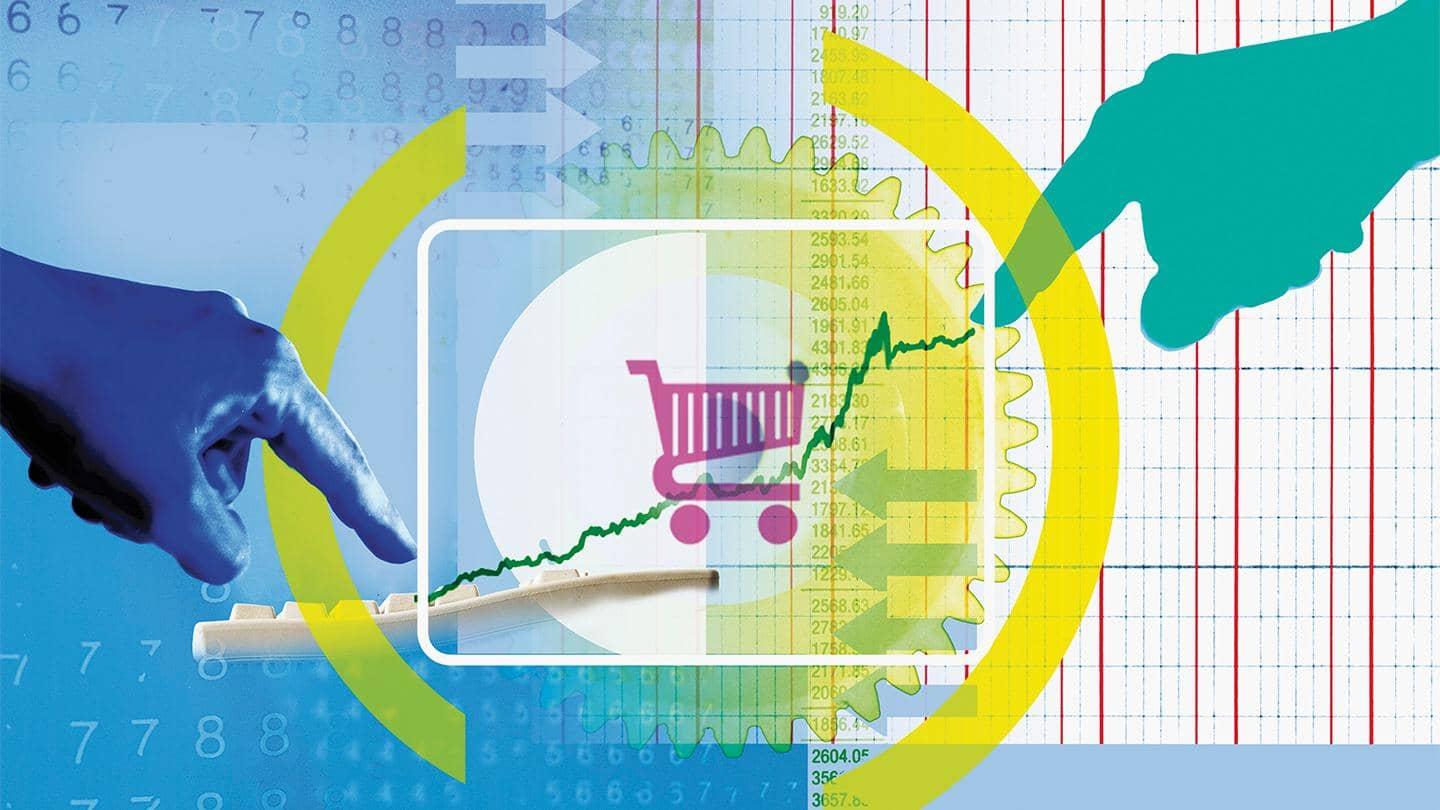
Innovation
Thinking Money with Dr Peter Brooks: taking control of your spending
Do you leave bank statements unopened on the doormat? Dread checking your balance on your app or at the ATM? You might have ‘financial FOFO’, and it could be stopping you making the best decisions with your money. In the first in our new series exploring the motivations behind the financial choices people make, Dr Peter Brooks, Head of Behavioural Finance at Barclays Wealth and Investment Management explains.
1. What is FOFO?
It’s never been easier to keep track of your bank account information, should you wish to. But the “wish” is important: there can be a disconnect between the ease and intent. The reality is that many of us aren’t very interested in money management and don’t think we’re very good at it. And the easiest way to avoid coping with those inadequacies is not to think about it.
‘Fear of finding out’, or FOFO – a new take on the better-known phrase ‘fear of missing out’, or FOMO – is connected with the guilt you feel from the big night out or the spending splurge. You might have had an Instagram-worthy night, but the potential guilt means you don’t want to see the damage you’ve done to your bank balance. Our side of the bargain as a bank is making that information available – on our Barclays Mobile Banking app – and helping people understand what to do with that information.
2. How much have you spent today?
There’s been a huge change in people’s experience of paying for things. I recently spoke with a man whose daughter had just gone to university, and he had advised her: “You’re going to get tempted on those big nights out – put a bit of cash in your wallet and make that your budget.”
To older generations, that seems natural, but his daughter looked at him and said: “What are you on about? Carrying cash is really unsafe. Carrying cards, which you can cancel straight away, is much safer.” He asked how she kept track of the spending, and again got a blank look.
Nowadays we no longer have to go to the ATM to get physical notes, and then exchange those notes for what we want to buy. That leads to a disconnect when it comes to spending money. Once you go contactless, you don’t see your money being handed over, which is what can act as an emotional connection or barrier to spending. Do you know exactly how much you’ve spent today on contactless coffee and contactless travel? Just the nature of how we pay makes it harder to control money.
3. Growing up with financial FOFO
Managing money is the last stage of growing up for many people. It’s one of those life skills that people in general are poorly prepared for. Research suggests that many of our money management habits are formed before we’ve even left primary school from observing our parents’ behaviour. What would a six-year-old learn about managing money from seeing how you use a payment card?
They wouldn’t learn as much about budgeting as they would from seeing you take physical money from a cash machine and spending it on a variety of goods.
As people get more independent in their teenage years, they might start spending money on goods but without the responsibilities of outgoings on council tax, rent and so on. Then at university, many still have that umbilical cord back to mum and dad. But then you get your first job and you have financial independence for the first time – but little experience of budgeting.

One terrifying anecdote I heard from a university student was how, once their student loan was gone, they had used a payday lender to give them the money to order takeout pizza on a Friday night. Psychologically it can be easy to ignore the things we know we’re not good at – and FOFO can rear its head.
4. Inattention bias can be expensive
There are millennials who are not bothered about their overdraft because they have £40,000 in student debt. Ideal behaviour would see them paying off the debt, but it’s psychologically understandable that they go the other way.
This is referred to in behavioural economics and behavioural finance as inattention bias. Because something is relatively small compared to the big problem you think you face, you stop paying attention to it. But when you actually start looking at student loan interest rates and repayment schemes, versus the unstructured debt of running up a credit card bill at relatively high interest on minimum payments, it’s a costly mistake to be making. A small mistake can be very expensive in real money terms over time.
5. How much do we control?
FOFO is also about control – if you wait until the end of the month to find out how bad things are, then you don’t have to take control of that situation straight away. It always seems good to defer bad news and not take control of it. Bodies of research suggest that when good things happen, we tend to think they were because of things within our control, while we assign bad things happening to bad luck – financial FOFO allows us that “bad luck” excuse.
There are a series of mental games we play with ourselves to give ourselves comfort with what we’ve done: “I couldn’t have dodged the car breaking down even though I’d ignored the rattle for the past three weeks. It was bad luck that it broke down.” Similarly, you couldn’t avoid going into overdraft at the end of the month because you hadn’t seen and realised you were about to go into overdraft. You had control over that, but FOFO gives you deniability of that control. People are malleable in how they attribute blame to themselves.